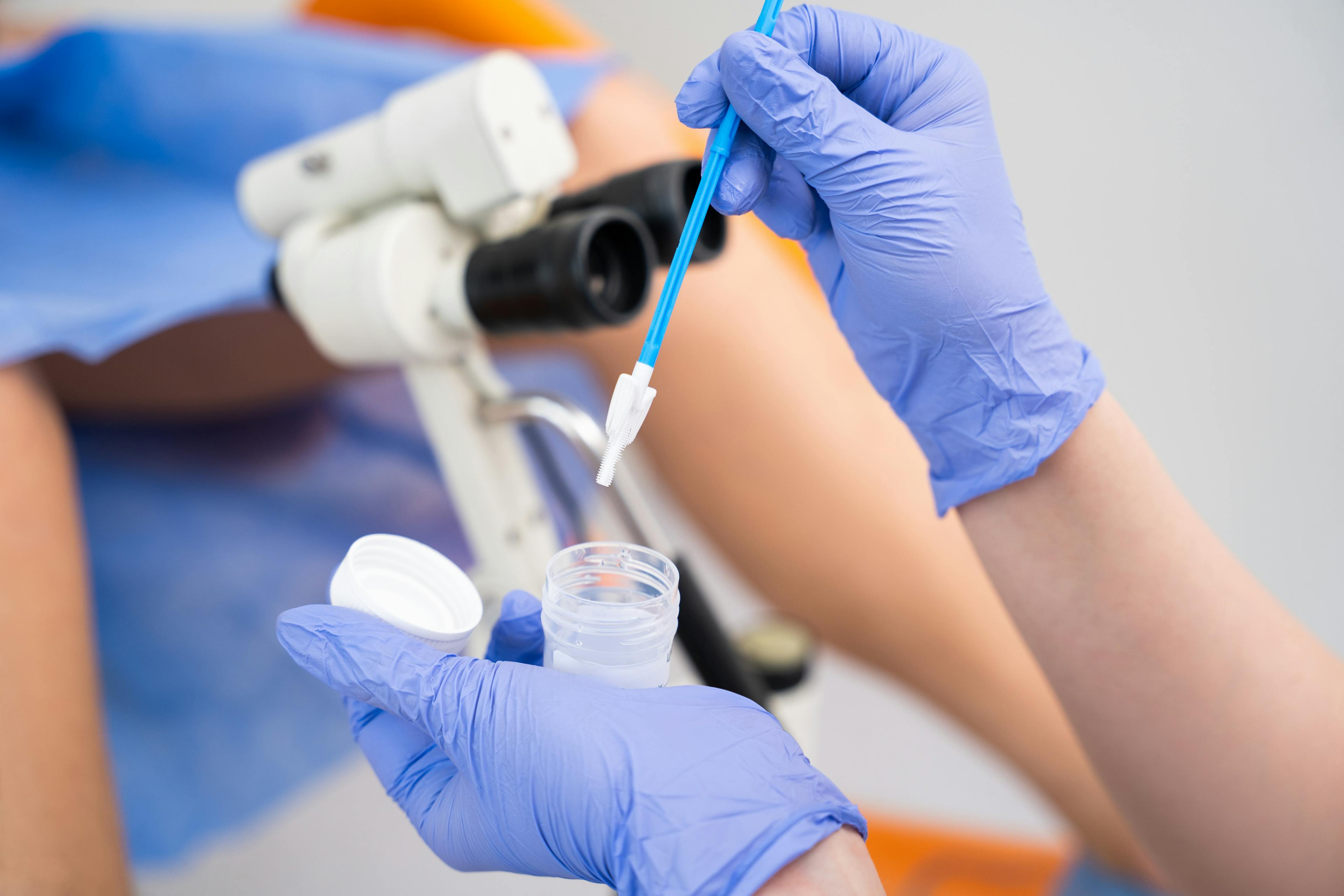Infectious disease specialists play a critical role in diagnosing and treating infections caused by bacteria, viruses, fungi, and parasites. These experts are often called in when an infection is complex, recurring, or doesn’t respond to standard treatments.
You might be wondering, “Why would someone be sent to an infectious disease doctor?” In this article, we’ll explain what these specialists do, when you might need one, and what to expect during a visit.
What Is an Infectious Disease Doctor?
Infectious disease doctors, also known as infectious disease specialists (ID specialists), are medical professionals who specialize in the prevention, diagnosis, and treatment of a wide range of infections caused by pathogens such as bacteria, viruses, fungi, and parasites. These highly trained physicians typically begin their journey in medical school, followed by specialized training in internal medicine and infectious diseases. Their expertise encompasses a deep understanding of the immune system, microbiology, and epidemiology, allowing them to tackle the complexities associated with infectious diseases.
Common Infections Treated by ID Specialists
- Staphylococcus aureus
- Streptococcus pneumoniae
- Influenza
- Human immunodeficiency virus (HIV)
- Acquired immunodeficiency syndrome (AIDS)
- Candidiasis
- Aspergillosis
- Malaria
- Toxoplasmosis
- Various tropical diseases
These specialists also play a critical role in addressing complex cases, such as infections that do not respond to standard therapies or those affecting immunocompromised individuals, like cancer patients undergoing chemotherapy.
In times of global health challenges, such as the COVID-19 pandemic, the unique skills of infectious disease specialists come to the forefront, significantly contributing to the management and understanding of infectious diseases. They actively monitor and manage infectious disease outbreaks, engage in research initiatives, and participate in clinical trials, advancing our understanding of these diseases and enhancing treatment options. Overall, ID specialists emerge as instrumental guardians of both individual and public health, skillfully navigating the intricate landscape of infectious diseases.
Do I Need a Referral to See an Infectious Disease Specialist?
Patients are often referred to infectious disease specialists for a variety of reasons, particularly when faced with complex or persistent infections that go beyond the scope of general medical care provided by primary care physicians.
The expertise of ID specialists becomes crucial in diagnosing and treating infections caused by bacteria, viruses, fungi, and parasites. This referral may occur when a patient’s condition proves challenging, requires a deeper understanding of infectious agents, or demands a more targeted approach to treatment.
What to Expect During a Visit
During a visit to an infectious disease specialist, the diagnostic process is comprehensive and tailored to the specific infection at hand. The physician may conduct a thorough physical examination, inquire about the patient’s medical history, and order a series of diagnostic tests.
Blood tests, for instance, can help identify the presence of antibodies or specific antigens related to infectious agents.
Imaging studies, such as X-rays or CT scans, may be employed to visualize internal structures affected by infections.
Culture and sensitivity tests, involving the collection of samples from infected areas, assist in isolating and identifying the causative pathogens and determining their susceptibility to various treatments.
Infectious Disease Treatment Plans
The ID specialist works with the patient’s primary care physician and, if necessary, other specialists to develop an individualized treatment plan. This plan may involve antibiotics, antivirals, or antifungals, depending on the nature of the infection. In cases where standard treatments prove ineffective, the infectious disease specialist may recommend participation in clinical trials to explore innovative therapies.
Overall, the referral to an infectious disease doctor ensures that patients receive highly specialized care to navigate the complexities of their infections and achieve optimal health outcomes.
Get Expert Help for Complex Infections
When infections are persistent, unusual, or hard to treat, specialized care makes all the difference. Infectious disease specialists bring advanced training and diagnostic insight to help pinpoint the cause and deliver the right treatment. If you’re facing a complex or recurring infection, schedule an appointment today and get the expert support you need to recover with confidence.




